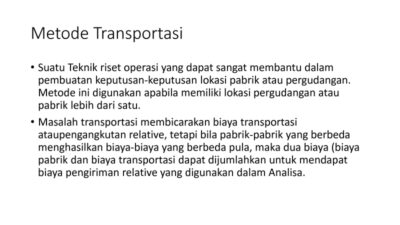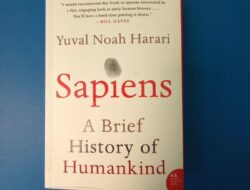Latest Post

Ujian Tes Kepolosan
Ujian Tes Kepolosan – Jabbar Express – Seberapa yakin Anda bahwa Anda tidak bersalah? Untuk ...

Siapa Pemenang Freefire World Cup 2019
Siapa Pemenang Freefire World Cup 2019 – (Dari kiri ke kanan) General Manager Dranix Esports ...

Buku Sapiens
Buku Sapiens – Resensi Buku Sapiens – Sejarah merupakan sebuah pelajaran yang sangat unik untuk ...

Link Ujian Kepolosan
Link Ujian Kepolosan – JABAR EXPRESS – Seberapa yakin Anda tidak bersalah? Nantinya, setelah melewati ...

Baju Seragam Sekolah Baru
Baju Seragam Sekolah Baru – Informasi baru penggunaan celana olahraga dan seragam sekolah diumumkan Menteri ...

Lovely Runner Episode 4
Lovely Runner Episode 4 – Beranda > Hiburan > Streaming > Lovely Runner: Pemeran K-Drama ...

Nasrullo Kabirov
Nasrullo Kabirov – Olahraga merupakan suatu dorongan yang selalu perlu digerakan dan dalam menulis topik ...

Metode Transportasi
Metode Transportasi – Berikan detail yang Anda perlukan untuk bantuan terkait anggaran dan tenggat waktu. ...









